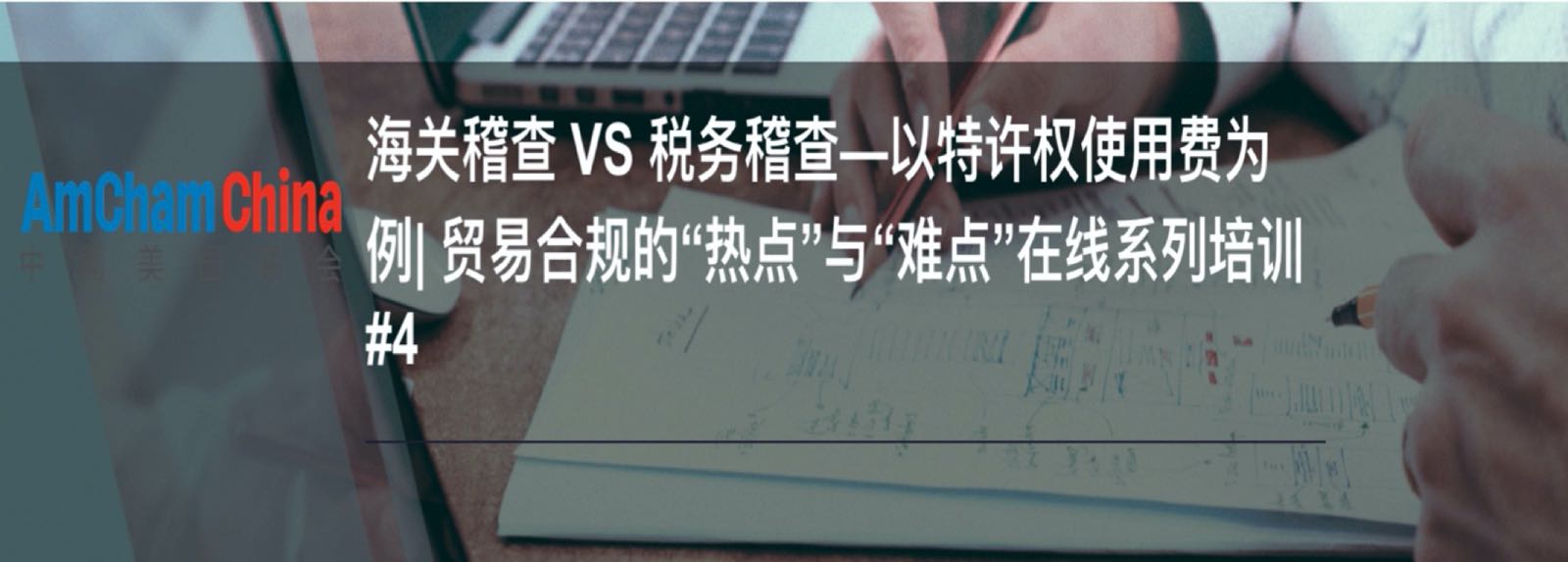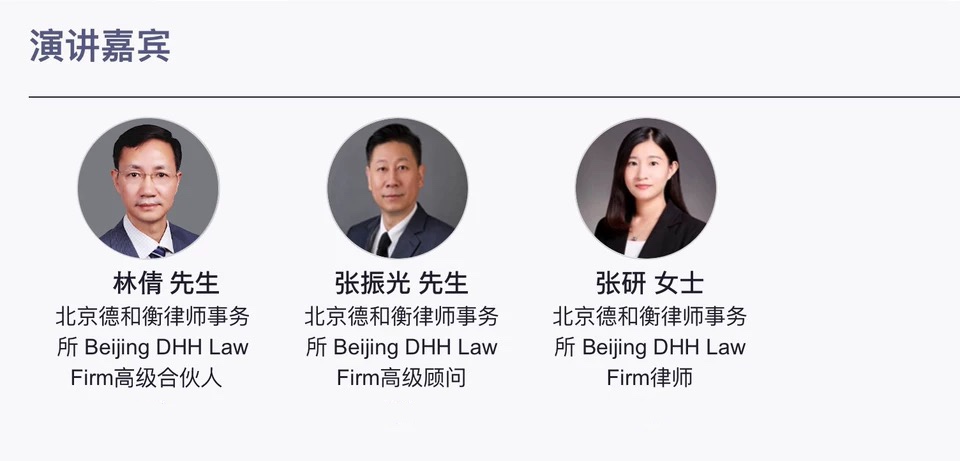The customs team of Beijing DHH Law Firm and the American Chamber of Commerce in China successfully held online trade compliance training

On September 3, lawyer Lin Qian took "Common dispute types in commodity classification in import and export trade and their solutions" as the theme, and started from "(1) Basic types of disputes in import and export commodity classification; (2) Commodity classification. Circumstances in which a class declaration error is transferred to the anti-smuggling department; (3) The classification error is transferred to the anti-smuggling department for handling; (4) Whether the classified case transferred to the anti-smuggling department may not be subject to administrative punishment; (5) Classification The essential difference between technical errors and false classification declarations and violations; (6) In cases of incorrect classification, the customs will order the enterprise to pay taxes for one year and three years of taxes; (7) Classification disputes occur , How companies should state their classification opinions to the customs; (8) when a classification dispute occurs, how can companies request classification review; (9) legal remedies for taxation disputes; (10) legal remedies for administrative punishments.
On September 10, Lawyer Lin Qian took "How companies can actively use the customs active disclosure policy" as the theme, respectively from "(1) General Administration of Customs Announcement No. 161 in-depth interpretation; (2) How companies decide whether to disclose to the customs; ( 3) The legal consequences of active disclosure to the customs; (4) What deficiencies in the active disclosure system of the customs need to be improved; (5) The operational points and typical case sharing of enterprises' active disclosure are shared in five aspects.
On September 18, Lawyer Zhang Zhenguang and Lawyer Zhang Yan took "Transfer Pricing Tax Bureau View vs. Customs Price Review of Special Relationship Transactions" as the theme, and in the perspective of the taxation of "special relationship" price impact "(1) Differentiation analysis on management methods and adjustment methods; (2) Transfer pricing policy from a balanced perspective formulated by the group should comprehensively consider the influence of customs and domestic tax laws; (3) Customs and tax transfer pricing in the integration of the sales chain of the company Comprehensive risk analysis; (4) Analysis of similarities and differences between customs and transfer pricing adjustment methods of processing trade enterprises; (5) Domestic transfer pricing compliance requirements VS customs review materials and compliance requirements; (6) Domestic transfer pricing investigations VS Customs price research and price adjustment; (7) Risk prevention and suggestions for transfer pricing and customs price review to share in seven aspects.
On September 24th, lawyer Zhang Zhenguang and Zhang Yan took "Customs Inspection VS Tax Inspection—Taking Royalties as an Example" as the theme, respectively, from "(1) Tax assessment, inspection and customs inspection procedures; (2) Finance, taxation, how customs officials respond to tax inspections and customs inspections; (3) Different perspectives of customs and tax bureaus in judging the taxable royalties; (4) How to respond to customs royalties inspections; (5) Common mistakes in enterprises for the trap of reporting and under-reporting prices; (6) Detailed explanation of customs price audit methods and evidence composition; (7) How companies can improve compliance management to reduce the risk of audit violations; (8) Typical case analysis 1: Customs concession Audit of royalties (9) Typical case analysis 2: The trap of royalties in technical services" is shared in nine aspects.
This series of courses was explained by three senior lawyers who are proficient in customs supervision, international taxation and international trade from the customs team of Beijing DHH Law Firm and achieved a complete success.





